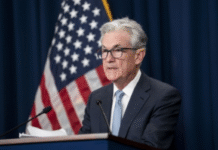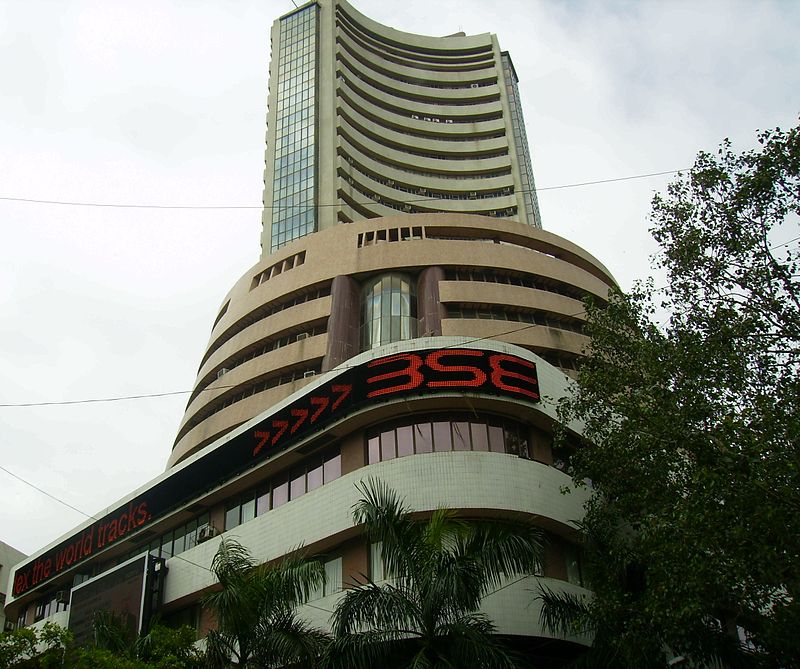Mumbai— Indian stock markets ended higher on Wednesday, with benchmark indices closing in positive territory despite a day marked by fluctuations and mixed investor sentiment.
The Sensex touched an intraday high of 82,021 before paring some gains to settle at 81,596.63, up 410.19 points or 0.51 percent. The Nifty also posted gains, rising 129.55 points or 0.52 percent to close at 24,813.45.
“The index was caught in a tug-of-war between bulls and bears, ending the day volatile and directionless,” said Sundar Kewat of Ashika Institutional Equity. “Meanwhile, pressure mounted on consumer durables, private banks, and media stocks, weighing on overall sentiment.”
On the Nifty options front, significant call open interest buildup was observed at the 25,000 strike level, while the 24,700 and 24,000 strikes recorded the highest open interest on the put side, signaling possible support levels.
Among the top performers on the Sensex were Bajaj Finserv, Tata Steel, Tech Mahindra, Sun Pharma, and Bajaj Finance, with gains of up to 2.02 percent. In contrast, IndusInd Bank, Kotak Mahindra Bank, Power Grid Corporation, ITC, and Ultratech Cement were among the biggest losers, with declines of up to 1.87 percent.
The broader market also saw positive movement. The Nifty Midcap 100 index rose 0.78 percent, while the Nifty Smallcap 100 gained 0.38 percent.
Most sectoral indices on the NSE ended in the green, with the exception of consumer durables. Realty and pharmaceutical stocks led the rally, with the Nifty Realty index climbing 1.72 percent and the Nifty Pharma index advancing 1.25 percent.
Market volatility, as measured by the India VIX, increased slightly by 0.93 percent to 17.55, reflecting underlying caution among investors.
“Markets exhibited a broadly positive undertone today; however, overall sentiment remained confined within a narrow range,” said Vinod Nair of Geojit Financial Services. “This indicates a potential ‘sell-on-rallies’ strategy in the near term, especially amid growing uncertainty surrounding India-US trade negotiations.” (Source: IANS)








